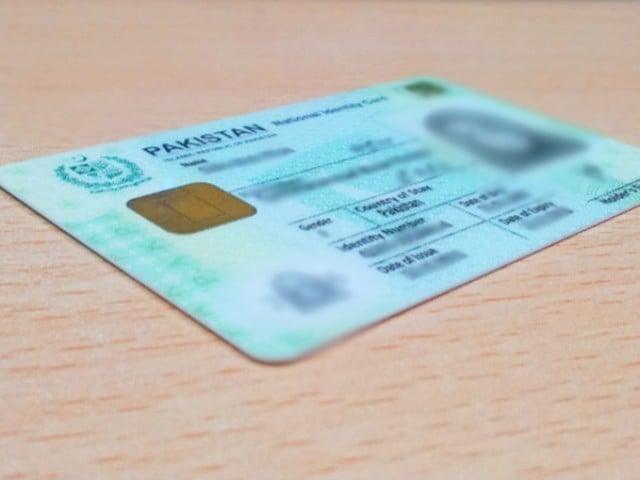The National Database and Registration Authority (NADRA) has introduced new operational guidelines for citizens seeking computer -national identity cards (CNIC) and other official documents aimed at improving data security and streamlining its services.
According to a recent message, citizens visiting Nadra centers should only carry original documents, as photocopies are no longer required for routine procedures, including B forms and registration certificates.
The authority has also clarified that the use of another person’s CNIC as a reference or warranty has no legal status.
The move is part of Nadra’s wider efforts to combat identity fraud and improve transparency in its processes. Clear signage showing the updated procedures has already been installed at all Nadra centers across the country.
In a separate public security advice issued by Nadra, the authority warned citizens to avoid unnecessary photocopying of CNICs. The advisory highlighted growing concerns about false schemes in which criminals mimic officials and try to collect personal data – such as CNIC numbers and fingerprints – by offering false prizes, financial benefits or incentives.
Nadra emphasized that the transfer of your CNIC as a warranty or for unauthorized services could lead to identity theft, including financial fraud and illegal registrations.
In recent years, there has been an increase in reported cases of individuals who fall victim to such fraud, causing Nadra to act quickly with preventive measures and public education efforts.
Citizens have been asked to:
-
Bring only original documents when you visit Nadra offices.
-
Avoid carrying or submitting CNIC photocopies unless it is legal mandate.
-
Never share CNICs, fingerprints or other personal information in informal environments.
-
Report any suspicious activity to Nadra or the law enforcement authorities.
This political shift also aims to reduce paperwork, increase operational efficiency and protect citizens’ personal data in the midst of increasing digital security challenges.



